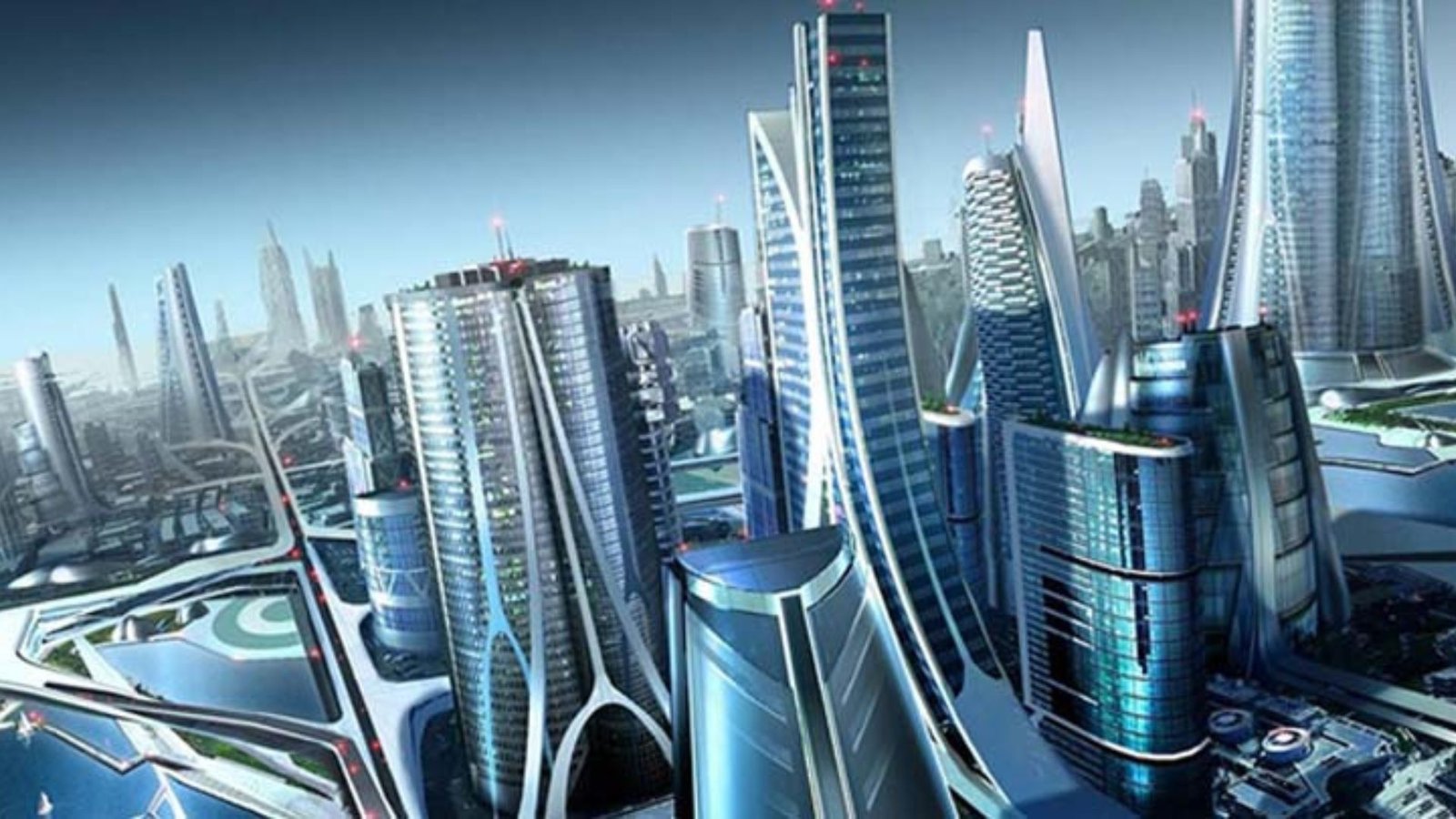The future of smart cities in engineering holds immense potential. As technology continues to advance, urban areas are evolving into more intelligent, connected environments. Engineers play a critical role in shaping the infrastructure and systems that support these cities. From energy-efficient buildings to smart transportation networks, the future of smart cities promises to enhance the quality of life for residents while addressing key urban challenges. In this article, we will explore how the future of smart cities in engineering is set to transform urban living.

The Role of Technology in Smart Cities
At the heart of the future of smart cities in engineering is technology. Modern cities are becoming increasingly reliant on digital tools and connected systems to improve efficiency and sustainability. Engineers are integrating Internet of Things (IoT) devices, sensors, and data analytics into city infrastructure to monitor and manage various systems such as transportation, waste management, and energy consumption.
For example, smart streetlights adjust their brightness based on traffic patterns or weather conditions, saving energy and reducing costs. Similarly, IoT-enabled sensors monitor air quality, traffic flow, and water usage, providing real-time data to help make informed decisions that improve city operations.
Sustainable Urban Development
Sustainability is a key focus in the future of smart cities in engineering. As populations grow, the demand for eco-friendly and resource-efficient solutions increases. Engineers are designing buildings and infrastructure that use renewable energy sources, reduce carbon footprints, and promote environmental sustainability.
Smart cities will rely on energy-efficient systems like solar panels, wind turbines, and energy-efficient buildings. Engineers are also working on green building certifications such as LEED (Leadership in Energy and Environmental Design) to ensure that new structures are energy-efficient and environmentally responsible. By utilizing sustainable technologies, smart cities will reduce their environmental impact and promote greener living.
Smart Transportation Networks
The future of smart cities in engineering includes intelligent transportation networks. With urban populations increasing, efficient transportation systems are essential to avoid congestion and reduce carbon emissions. Engineers are designing smart traffic management systems that use sensors and data analytics to monitor traffic flow in real time, adjust signal timings, and reduce delays.
Additionally, autonomous vehicles and electric public transport systems are expected to become mainstream in smart cities. Engineers are working on creating charging infrastructure for electric vehicles (EVs) and integrating autonomous cars into the transportation network. These innovations will improve mobility, reduce traffic, and lower pollution levels in urban areas.
Data-Driven Decision Making
Data will play an essential role in the future of smart cities in engineering. With the constant flow of data from sensors, devices, and IoT systems, engineers will be able to make informed decisions that optimize city operations. Smart cities will rely on big data to manage everything from public services to emergency responses.
For instance, real-time data from sensors can predict traffic congestion, allowing engineers to adjust traffic flow before it becomes a problem. Similarly, data-driven insights can be used to optimize energy usage in buildings and reduce waste in city systems. By leveraging data, engineers will be able to create more efficient, responsive, and sustainable cities.
Enhanced Security and Public Safety
The future of smart cities in engineering also involves enhanced security and public safety. Engineers are designing systems that use technology to monitor public spaces, identify potential threats, and respond to emergencies quickly. For example, smart surveillance cameras use facial recognition and motion sensors to detect unusual activity, helping law enforcement respond faster to incidents.
Additionally, smart lighting systems improve public safety by illuminating dark areas, reducing crime and accidents. Engineers are also working on smart emergency response systems, which use data to quickly dispatch emergency services to the scene of an incident. These systems improve safety and ensure that help is always available when needed.
Digital Infrastructure and Connectivity
Digital infrastructure will be one of the most significant aspects of the future of smart cities in engineering. High-speed internet, 5G networks, and cloud computing will allow for seamless connectivity between devices, buildings, and systems. Engineers will design and implement digital infrastructure that supports these technologies and ensures that all systems are interconnected and efficient.
The integration of digital infrastructure will enable smart cities to operate more smoothly, with all systems—from transportation to waste management—working in harmony. Engineers will focus on creating networks that provide reliable, high-speed internet access to residents, businesses, and government services.
Smart Healthcare Solutions
Smart cities will also revolutionize healthcare through smart healthcare solutions. Engineers are working on building infrastructure that supports telemedicine, remote patient monitoring, and healthcare data management. By integrating IoT devices and sensors into healthcare systems, doctors and hospitals can monitor patients in real time, track vital signs, and provide care from a distance.
This technology will not only improve access to healthcare services but also reduce wait times and healthcare costs. In the future, smart cities will have the infrastructure to provide better healthcare services to more people, improving overall public health.
Improved Waste and Water Management
Efficient waste and water management are critical to the future of smart cities in engineering. As urban populations grow, cities must find ways to manage resources more effectively. Engineers are designing smart waste management systems that use sensors to track waste levels and optimize collection routes. This reduces the amount of waste sent to landfills and lowers carbon emissions from waste management operations.
In addition, smart water management systems are being developed to monitor water usage and detect leaks in real time. By using sensors and data analytics, engineers can ensure that water resources are used efficiently and that any issues are addressed promptly, helping to conserve this vital resource.
Conclusion
The future of smart cities in engineering holds tremendous potential for improving urban living. With advancements in technology, sustainability, and data-driven decision-making, engineers are shaping cities that are more efficient, eco-friendly, and connected. From smart transportation systems to enhanced public safety, the future of smart cities promises to create environments where residents can thrive while minimizing environmental impact. As technology continues to evolve, engineers will play a crucial role in turning these smart city visions into reality.




